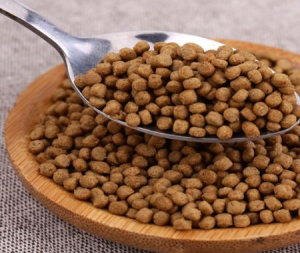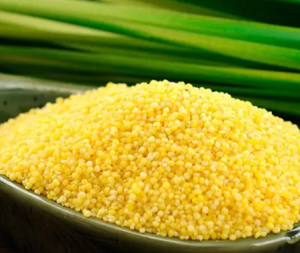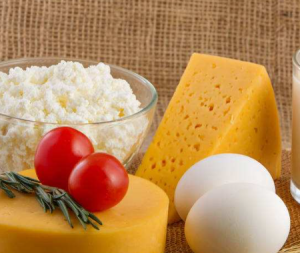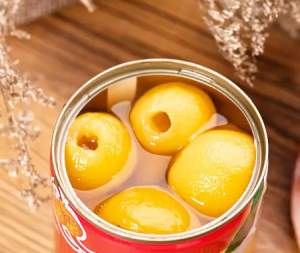Nature
Potassium sorbate is prepared by neutralization reaction of sorbic acid and potassium hydroxide. It has all the basic properties of potassium sorbate except its solubility. Potassium sorbate is a white or almost white particle or powder, which is easy to absorb moisture and is unstable in the air. It is easy to oxidize and turn brown, but it is relatively stable to light and heat. It will dissolve and decompose at about 270 ℃. The pH value of 1% aqueous solution is 7~8.
Application
- Animal feed industry
Both the European Union and the United States use potassium sorbate as a legal feed additive for animal feed. Potassium sorbate is very helpful to inhibit the growth of mold in feed. Especially the formation of butter mycotoxin.


- Food containers and packaging materials
The main purpose of food packaging is to protect its contents. At present, most food packaging materials use active substances to improve their functions. This is not only conducive to extending the shelf life of packaged food, but also conducive to maintaining the nutrition and safety of food.
- Food preservatives
One of the most common applications of potassium sorbate is its use as a food preservative. China approved its use and issued a standard in 1982, stipulating that the allowable concentration in canned foods, flour foods, dairy products, pickles and condiments is 0.02% - 0.1%. Adding a small amount of potassium sorbate to meat products can significantly reduce the production of clostridium botulinum. In addition, potassium sorbate is widely used in low-alcohol wines, such as wine and beer, and has good antiseptic effect.


Development prospects
Nowadays, people's pace of life is accelerating. Food manufacturers can only sell products better by providing food with more convenient consumption and longer shelf life. Therefore, there are some new trends in the development of food preservatives. It is necessary to apply food preservatives with low toxicity, which are developed from one-way antisepsis to broad-spectrum antisepsis. Potassium sorbate has great development potential due to its low toxicity and broad-spectrum antibacterial activity.
